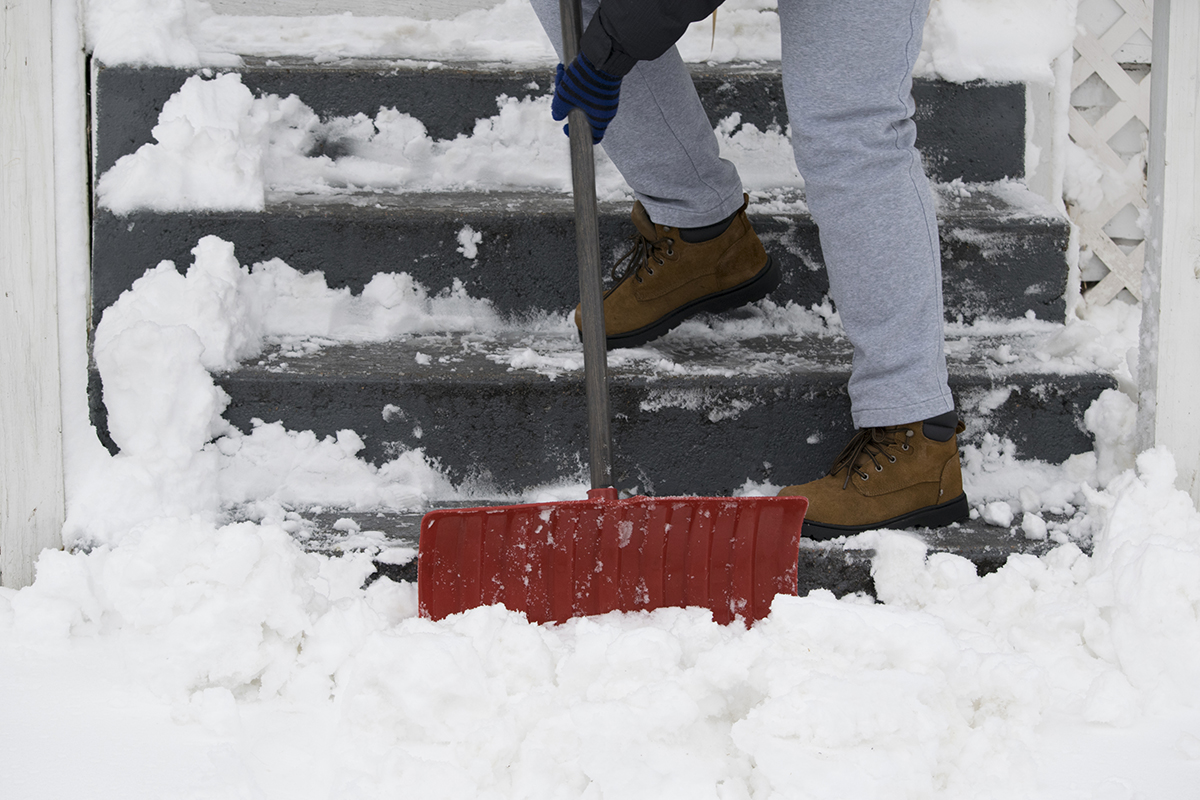Hospital Admissions Spike After a Snowfall, Study Says

Photo via istock.com/SBSArtDept
Stay safe tomorrow, Boston.
A recent study from the Harvard T.H. Chan School of Public Health, published in the American Journal of Epidemiology, says heart disease-related hospital admissions jump by 23 percent two days after a snowfall.
Part of the increase may simply be that people suffering a heart problem can’t get to a hospital during a storm. But the researchers also hypothesize that snow shoveling may be a culprit. Shoveling is known to cause cardiac events when done incorrectly, especially for populations already susceptible to heart issues.
The study says that heart-related admissions actually decrease on the day of a major snowfall, perhaps because at-risk populations tend to stay indoors during inclement weather.
For the study, Harvard researchers analyzed data from 433,000 patients admitted to Boston’s four largest hospitals—Beth Israel Deaconess Medical Center, Boston Medical Center, Brigham and Women’s Hospital, and Massachusetts General Hospital—between November and April from 2010 through 2015.
In addition to the discovery about cardiovascular disease, the researchers found that falls and cold-weather-related conditions are, logically, more common during snowy weather. Fall-related visits increase by 18 percent during the six days after winter weather, while cold-weather-related admissions rise by 3.7 percent on high snowfall days.
The moral of the story: This week, you should bundle up, tread with care, and be prudent while shoveling.


